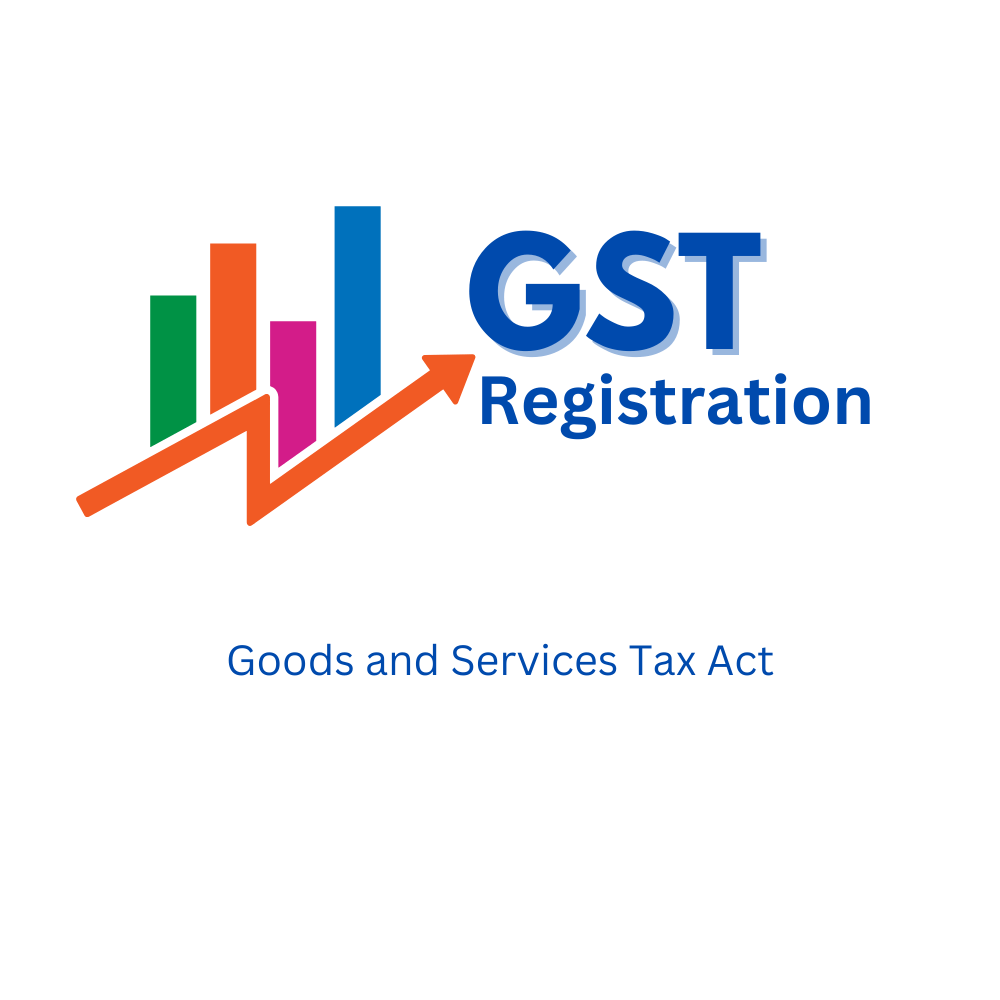Understanding the Benefits of the Best GST Registration Services in Singapore
Understanding the Benefits of the Best GST Registration Services in Singapore
Blog Article
From Beginning To End: The Ultimate Roadmap to GST Registration for Organizations Seeking Financial Security
Browsing the intricacies of Product and Services Tax Obligation (GST) registration is a vital action for companies striving for financial stability. Damaging down the roadmap right into workable actions can streamline the registration journey for businesses looking to enhance their financial standing.
Understanding GST Basics
Delving right into the basic concepts of Product and Services Tax Obligation (GST) is vital for acquiring a detailed understanding of its ramifications on organizations and the economic situation. GST is a value-added tax levied on a lot of items and services for domestic usage. It has changed numerous indirect taxes that existed in the pre-GST era, streamlining the tax obligation structure and enhancing convenience of doing service in India. Under the GST system, both products and services are tired at a particular rate, which is established based upon their classification. Companies are required to sign up for GST if their annual turnover exceeds the threshold limit established by the federal government. Input Tax Debt (ITC) is a substantial attribute of GST, permitting companies to declare credit history for taxes paid on inputs, reducing the general tax problem. Understanding the essentials of GST is essential for organizations to conform with tax guidelines, handle their financial resources effectively, and add to the nation's economic development by taking part in a clear tax obligation system.
Eligibility Criteria for Enrollment
As of the existing guidelines, the threshold limit for GST enrollment is a yearly accumulation turn over of 40 lakhs for businesses operating within a state, except for unique category states where the restriction is 20 lakhs. Additionally, particular companies are called for to register for GST regardless of their turnover, such as interstate distributors, casual taxed persons, and organizations accountable to pay tax under the reverse fee mechanism. It is crucial for organizations to completely examine their turn over and deal types to identify their GST registration commitments accurately.
Documents Needed for Enrollment
Having actually satisfied the eligibility standards for GST registration, businesses need to currently ensure they have the requisite records in location to continue with the enrollment procedure efficiently. The records required for GST enrollment normally include evidence of company constitution, such as collaboration action, registration certificate, or consolidation certification for various types of services. Additionally, services need to give files developing the principal location of business, such as a rental contract or electricity expense.
Step-by-Step Enrollment Process
Starting the GST registration process entails a series of organized steps to make certain a seamless and certified enrollment for companies. The primary step is to visit the GST website and fill out the registration kind with precise information of the service entity. Following this, the navigate to this site applicant obtains a Short-term Reference Number (TRN) which is utilized to return to the application procedure if it's not completed in one go.
Next, all called for records as per the checklist provided by the GST portal requirement to be submitted. These records usually consist of evidence of organization identity, address and enrollment evidence of marketers, economic declarations, and organization entity's frying pan card.

Post-Registration Compliance Standards

Conclusion
To conclude, services seeking monetary stability must recognize the essentials of GST, fulfill qualification criteria, gather essential records, comply with the step-by-step registration procedure, and adhere to post-registration standards - Best GST registration services in Singapore. By adhering to these steps, organizations can make certain compliance with tax regulations and maintain financial security over time
Furthermore, certain organizations are needed to register for GST regardless of their turnover, such as interstate suppliers, informal taxable individuals, and services liable to advice pay tax obligation under the reverse fee mechanism.Having actually satisfied the qualification standards for GST registration, businesses have to now ensure they have the requisite records in location to proceed with the enrollment process successfully. The records required for GST enrollment typically consist of proof of service constitution, such as partnership act, registration certification, or consolidation certification for different types of services. Additionally, organizations need to give documents developing the major place of organization, such as a rental agreement or electricity expense.Starting the GST registration process entails a series of structured actions to ensure a smooth and certified registration for organizations.
Report this page